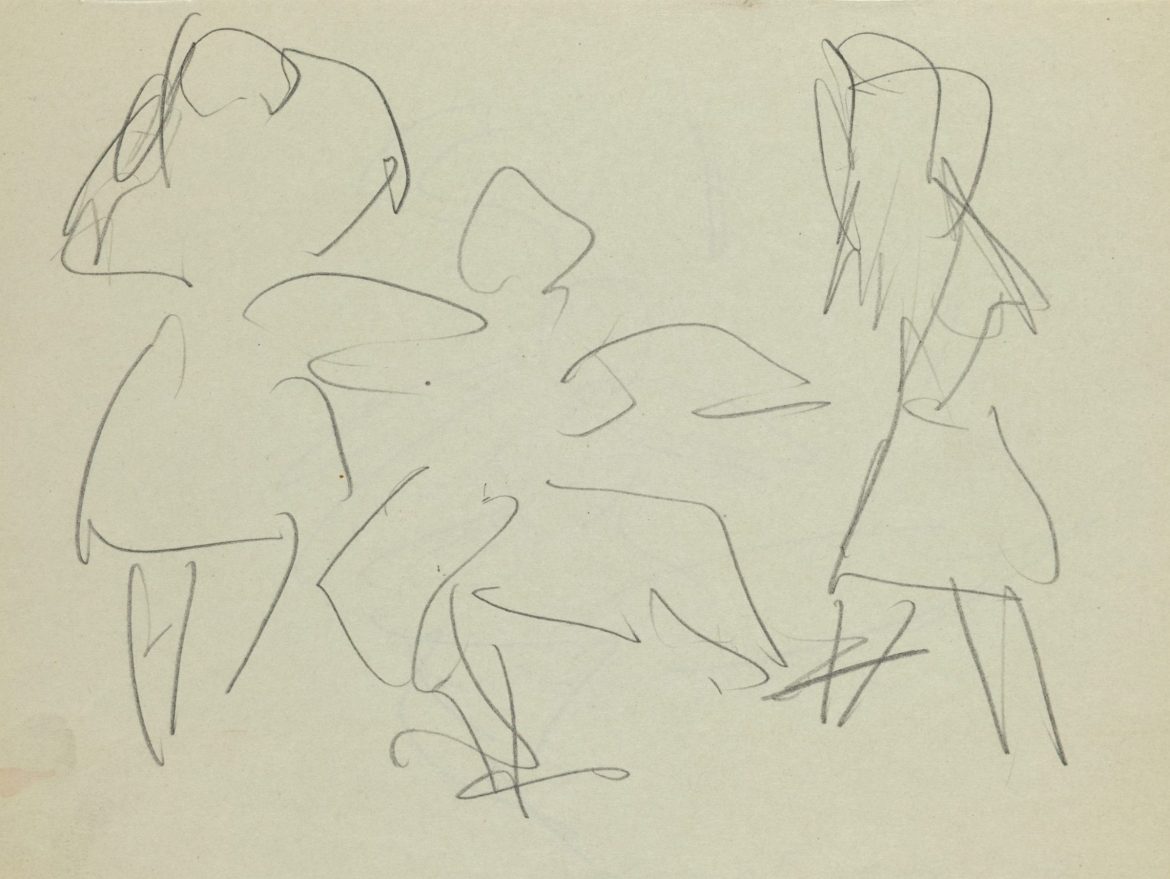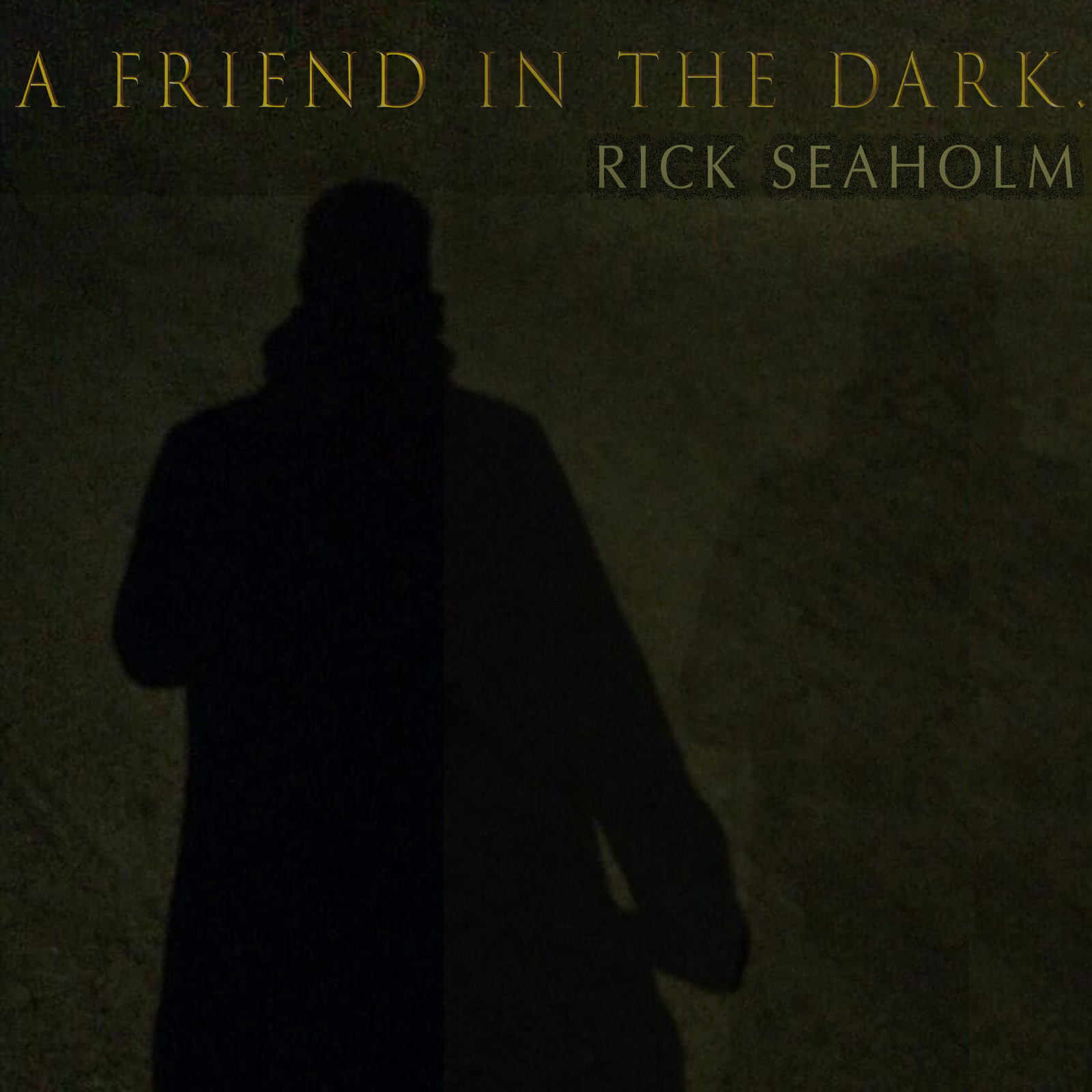As I navigate life with Parkinson’s disease, one of the most startling experiences I encounter regularly is the sensation that wakes me from sleep. It’s difficult to put into words, but it feels like a faint electric shock in my sternum, almost like an internal alarm clock. Some refer to it as an internal tremor, and while it’s unsettling at first, I’ve come to recognize it as a signal to start my day.
As I composed a particular piece of music, I unintentionally captured the essence of my daily routine with Parkinson’s. The music reflects the journey from the initial tremor to the gradual easing of symptoms as medication takes effect. It’s a reminder of the importance of routine in managing the condition and reclaiming a sense of normalcy.
In the piece, the repetitive theme at the beginning mirrors the monotony and rigidity I often feel upon waking, before medication kicks in. But as the music progresses, there’s a noticeable shift—a sense of grace and fluidity that comes with the medication’s effects. It’s almost like a dance, a deliberate and intentional movement to navigate through the challenges of Parkinson’s.
This notion of movement and intentionality is central to my approach to living with Parkinson’s. I’ve learned that embracing the condition, rather than fighting against it, can lead to a better experience. It’s akin to the principles of Eurythmics, where every movement becomes a part of a larger dance, a ritual of motion that encompasses the entire body.
My daily routine revolves around managing symptoms and maximizing my well-being. From timing medication doses to incorporating exercise and cognitive activities, every aspect of my day is carefully planned to optimize my quality of life. It’s a balancing act that requires diligence and commitment, but it’s essential for maintaining my independence and vitality.
However, despite my best efforts, there are moments of vulnerability and fatigue, especially as the day wears on. It’s during these times that I lean on the support of my loved ones, particularly my wife, who bears witness to both the triumphs and struggles of living with Parkinson’s.
Ultimately, my journey with Parkinson’s has taught me the importance of self-care and resilience. Each day presents new challenges, but by embracing routine and finding strength in community, I’m able to navigate through life with purpose and dignity.





